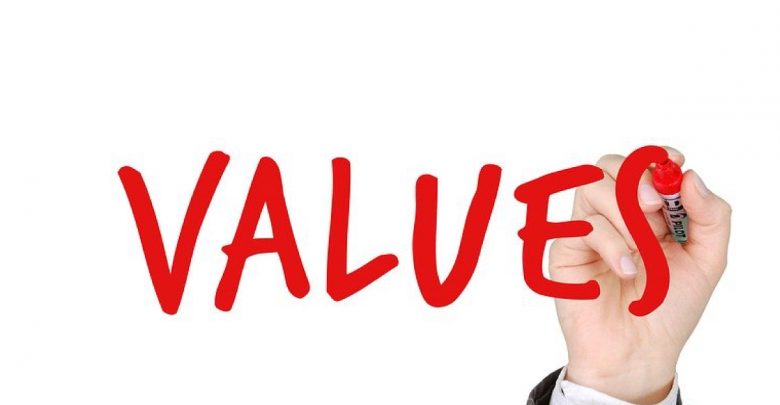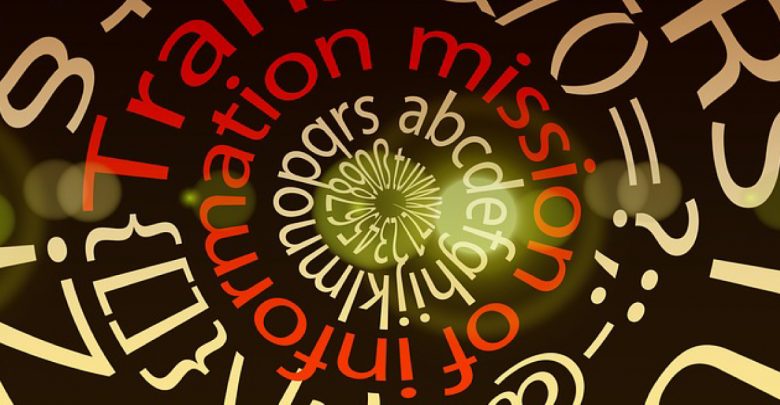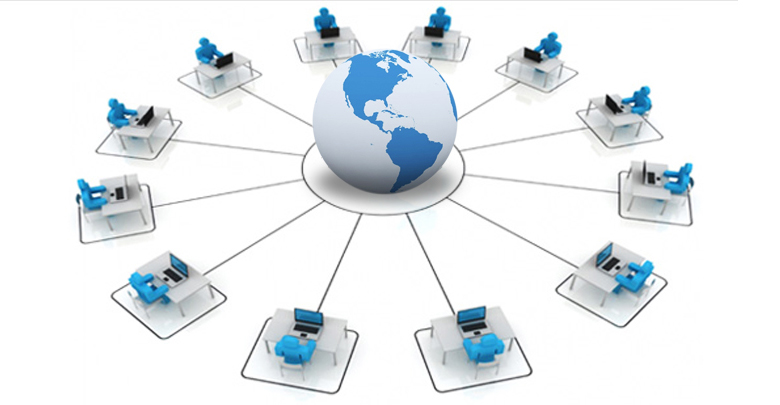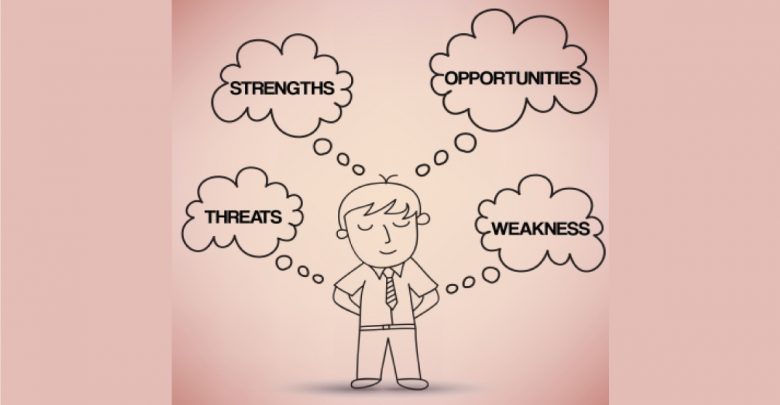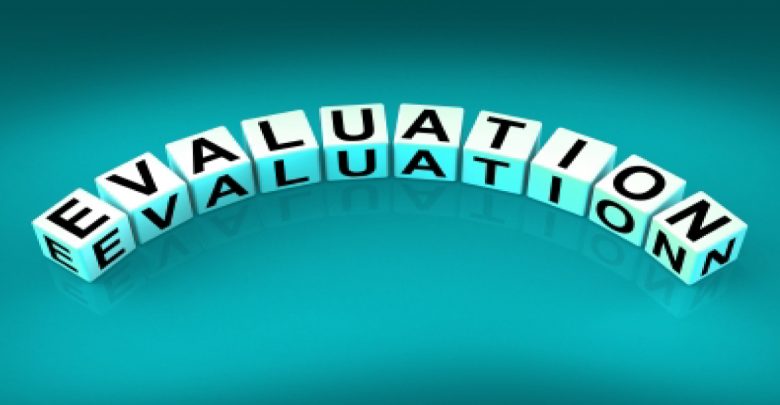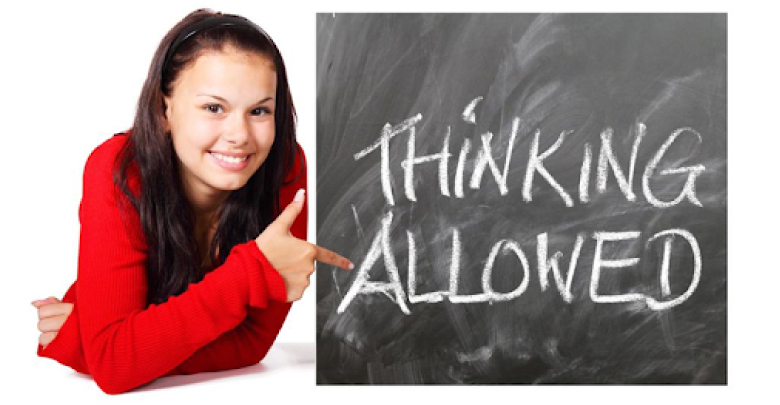Demicheli Federica
-
One definition of social transformation is the process by which an individual alters the socially ascribed social status of their parents into a socially achieved status for themselves. However, another definition refers to large scale social change as in cultural reforms or transformations. Non Formal learning induces changes and advocates for transformation. *[Content] It has been suggested that the educational…
Read More » -
What we know and how we transfer that knowledge to others is a completely different world. How many times we have said that someone knows a lot, but is not able to share and to pass the knowledge, the values or the passion to others? Because it is not easy to think and to put ourselves as trainers in a…
Read More » -
Introduction: A trainer should be flexible to adjust the contents of the program to the process of the group to empower the learning experience and provide a safe environment for better learning. Learning is important because no one is born with the ability to competently function as an adult iIb Ravn describes facilitation as the canalization of the energy and…
Read More » -
Learning is important because no one is born with the ability to competently function as an adult in the society. It is especially important to understand the kinds of learning experiences that lead to transfer, defined as the ability to extend what has been learned in one context to new contexts (e.g., Byrnes, 1996:74). Educators hope that students will transfer…
Read More » -
Sometimes it could happen that we are challenged by a group in a training course and the following might happen for different reasons: 1. the content is not coherent with the need of the group, 2. the delivery of the session is not well adapted to the learning style of that group, 3. sometimes we are in a specific phase…
Read More » -
Introduction: Information and communication technologies (hereinafter ICT) and specifically E-learning are essential nowadays for several reasons, of political, sociological and economic order, and have marked a crossroads in the current learning and communication paradigms. E-learning is also part of this tendency. Content: ICT tools? What do we mean? According to UNESCO (2002), information and communication technology (ICT) may be regarded…
Read More » -
Introduction: Trainers should be ready to changes, should be open to unexpected elements when he/she works, but what does it mean? In this article, we are going to explore the Change readiness concept. Content: Readiness” is a highly subjective term—subjective in scope, subjective in degree, and subjective in the eye of the beholder. What and who needs to be ready?…
Read More » -
Introduction: In this section, we will introduce other types of evaluation, this time categorized according to their actors (personal, interpersonal, group), to their functionality (formative, summative) and their nature (quantitative, qualitative). In this way, would be possible for the trainer planning in advance with kind of evaluation would like to implement and also which outcomes would be foreseen. Sometimes evaluation…
Read More » -
Introduction: In every walk of life, the process of evaluation takes place in one or the other form. It is only through evaluation that one can learn. The whole cycle of social development revolves around the evaluation process. Content: Evaluation plays an enormous role in the learning process. It helps trainers and learners to improve training and learning. Evaluation is…
Read More » -
Introduction: Here we’ll have to explore practical skills. Skills that gets sharpened by experience and tough situations a trainer can find him/herself in. It is closely tied to the “Making Observations” article. Both rotate around each other. We observe, interpret and take actions accordingly. Then we re-observe what these actions have produced so we can assess the situation again. It…
Read More »

